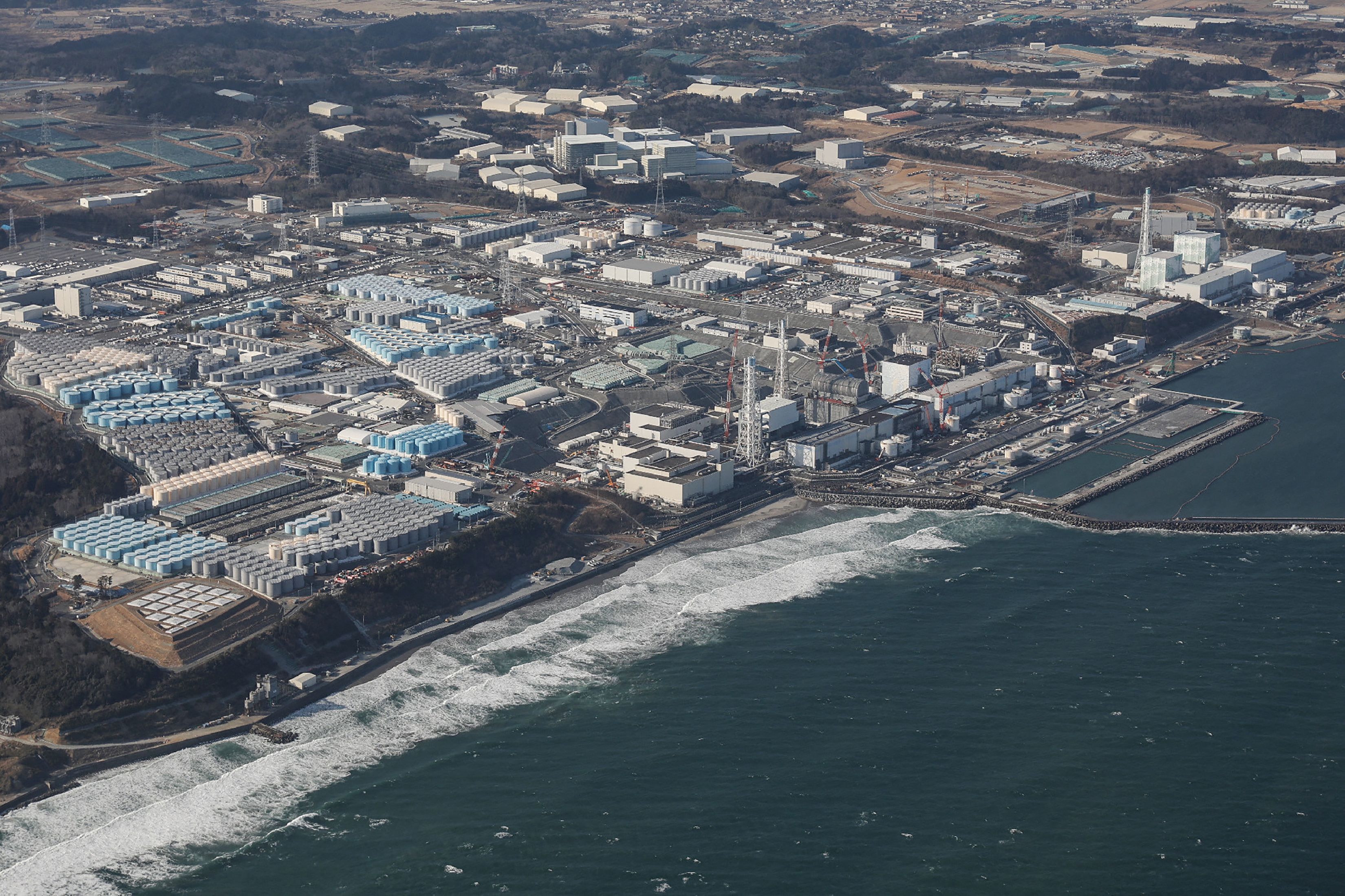Japan says no radioactivity detected in tests of seawater near Fukushima plant

Your support helps us to tell the story
From reproductive rights to climate change to Big Tech, The Independent is on the ground when the story is developing. Whether it's investigating the financials of Elon Musk's pro-Trump PAC or producing our latest documentary, 'The A Word', which shines a light on the American women fighting for reproductive rights, we know how important it is to parse out the facts from the messaging.
At such a critical moment in US history, we need reporters on the ground. Your donation allows us to keep sending journalists to speak to both sides of the story.
The Independent is trusted by Americans across the entire political spectrum. And unlike many other quality news outlets, we choose not to lock Americans out of our reporting and analysis with paywalls. We believe quality journalism should be available to everyone, paid for by those who can afford it.
Your support makes all the difference.No radioactivity has been detected in the tests of seawater near the Fukushima nuclear power plant, officials from Japan’s environment ministry said on Sunday amid fears of contamination of the water bodies in and around the country.
Japan released water from its damaged Fukushima plant into the Pacific Ocean on Thursday amid protests and fierce criticism of the domino effect on aquatic product imports from the south Asian nation which is now facing bans from its neighbours on seafood.
Tests of samples taken from 11 points near the plant have found concentrations of radioactive isotope tritium to be below the lower limit of detection – seven to eight becquerels of tritium per litre, the environment ministry said.
The seawater "would have no adverse impact on human health and the environment", the ministry claimed a day after Japan’s fisheries agencies also concluded that no radioactive anomalies were found in the sampled water.
An official said the environment ministry will publish test results every week at least for the next three months to gauge the radioactive contamination in the water. It will then review the timing of further disclosure, the official said.
The ministry will publish test results weekly at least for the next three months and will then review the timing of further disclosure, an official told Reuters on Sunday.
On Friday, the seawater near the nuclear facility contained less than 10 becquerels of tritium per litre, below its self-imposed limit of 700 becquerels and far below the World Health Organization’s limit of 10,000 becquerels for drinking water.
Japan has said it needs to discharge the highly reactive water in a key step of its critical process of decommissioning the Fukushima Daiichi plant, including the removal of molten fuel.
Amid furore and protests, the Fumio Kishida administration on Tuesday cleared the release of 1.3 million tons of treated water from the plant destroyed in the 2011 tsunami as the country’s top power company was running out of storage space.
However, the move has led to widespread concern about consumption of seafood coming from the waters of the Pacific Ocean.
Fishermen, activists and consumers in Japan expressed anger at the move, which can cause a health crisis amid a ban on Japanese aquatic products. Food lovers in the region have also expressed concerns over the quality and safety of the fish from the country.
Tony Hooker, director of the Centre for Radiation Research, Education, Innovation at the University of Adelaide, claimed that the water released from the Fukushima plant is safe as it certainly is “well below the World Health Organization drinking water guidelines”.
“It’s a very political issue of disposing of radiation into the sea,” he said. “I understand people’s concerns and that’s because we as scientists have not explained it in a very good way, and we need to do more education.”




Join our commenting forum
Join thought-provoking conversations, follow other Independent readers and see their replies
Comments